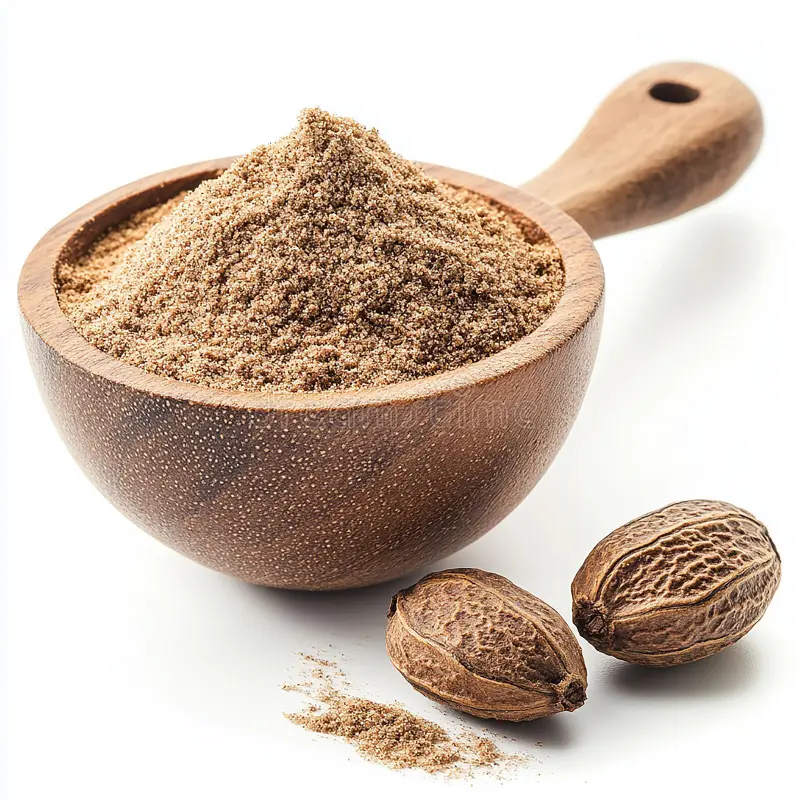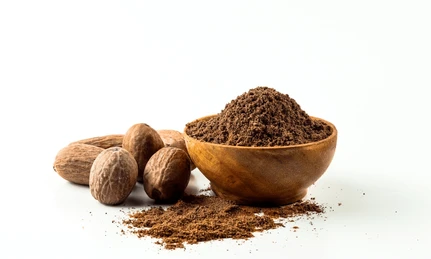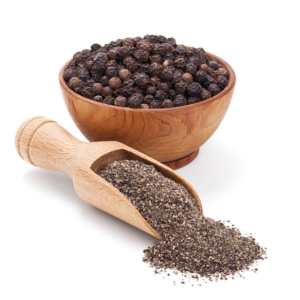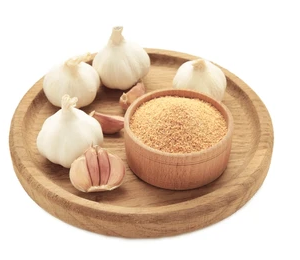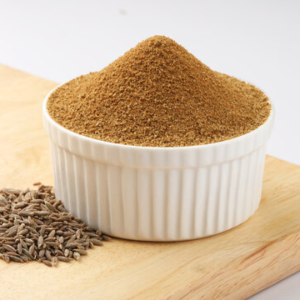Description
Key Characteristics:
- Color: Light brown to slightly yellowish.
- Aroma: Sweet, warm, and slightly spicy with hints of clove and pepper.
- Taste: Nutmeg has a warm, sweet, and mildly pungent flavor with a bit of earthiness. It’s more subtle than cinnamon but still carries a distinct kick that complements both sweet and savory dishes.
Nutritional & Health Benefits:
Nutmeg is known for its essential oils, particularly myristicin, which has antioxidant and anti-inflammatory properties. It is often used in traditional medicine for its potential to ease digestive issues, promote relaxation, and even relieve pain. Additionally, nutmeg has been linked to improved cognitive function and mood.
Nutmeg also contains small amounts of vitamins and minerals, such as manganese, copper, and magnesium. However, it’s typically used in small quantities, so its nutritional benefits are modest.
Uses:
- Baking: Nutmeg is a key spice in pumpkin pies, cakes, cookies, and other baked goods, adding warmth and depth of flavor.
- Cooking: It’s often used in savory dishes like soups, stews, and sauces. Nutmeg is a common ingredient in dishes like béchamel sauce and certain curries.
- Beverages: Nutmeg is popular in spiced drinks like eggnog, chai, or mulled wine.
- Health & Wellness: Nutmeg is sometimes used in teas or as a part of traditional remedies to promote sleep, digestion, or even to relieve muscle pain.
Tips for Use:
- Fresh vs. Ground: For the most potent flavor, it’s best to buy whole nutmeg seeds and grate them fresh as needed. Pre-ground nutmeg loses its aroma and flavor quickly, so it’s less intense.
- Quantity: Nutmeg is quite strong, so it’s typically used in small amounts—just a pinch or a small sprinkle is often all that’s needed.
Safety Note:
Although nutmeg is generally safe in small culinary amounts, it can be toxic if consumed in large quantities. Overuse of nutmeg can lead to hallucinations, nausea, and other symptoms, so moderation is key.


